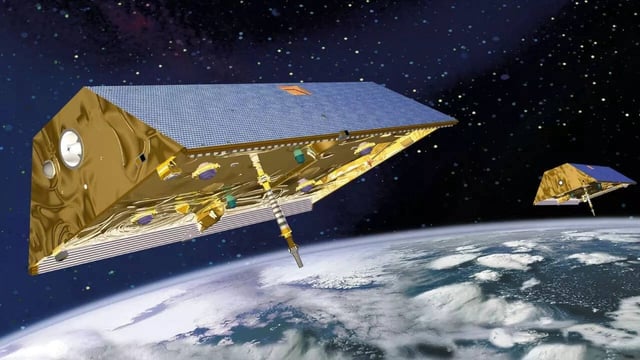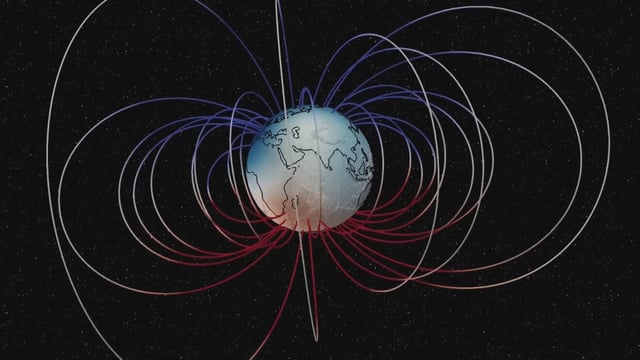Overview
- GRACE satellites detected a sudden gravity anomaly peaking in early 2007 over the Atlantic that points to mass redistribution near the core–mantle boundary at roughly 2,700–2,900 km depth.
- Researchers interpret the signal as a perovskite-to-post‑perovskite transition that increased local density and produced boundary topography changes on the order of tens of centimetres.
- The gravity signal coincided with short‑term magnetic disturbances known as geomagnetic jerks, though any causal link remains unproven.
- The findings were published in Geophysical Research Letters in August 2025 by a team including Isabelle Panet, with outside experts calling the observation convincing evidence of rapid deep processes.
- Only one such event has been identified so far, and ongoing monitoring by GRACE Follow‑On and magnetic missions like ESA’s Swarm will be used to search for additional occurrences.


